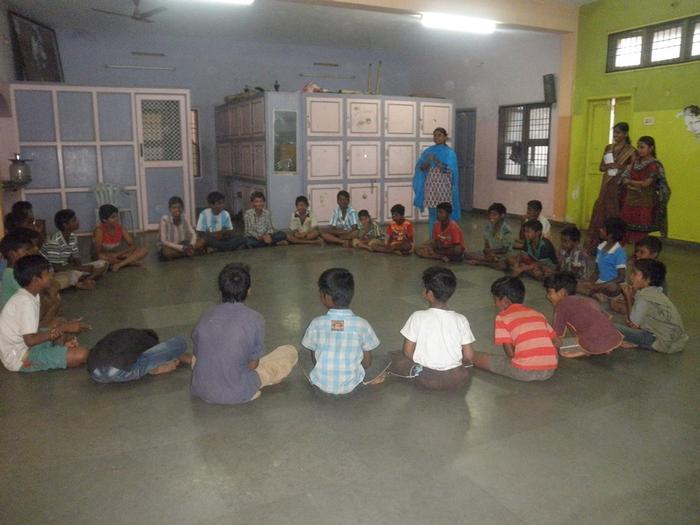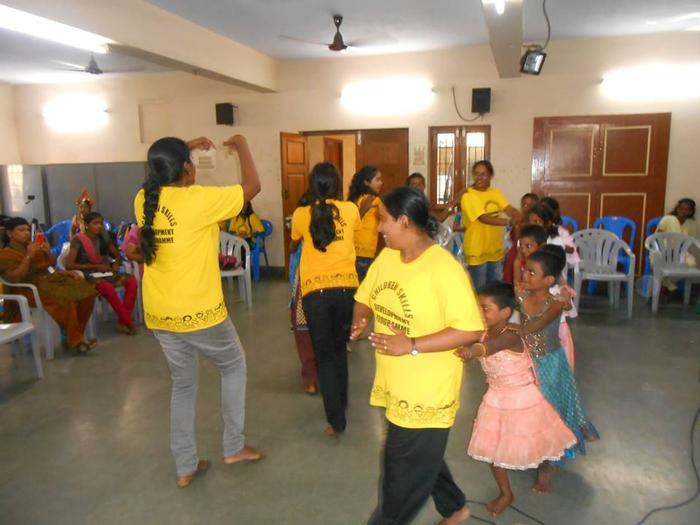VishnuPriya Viswanathan ProposalPaving better paths for little feetIf you were to take a walk down the second longest beach in the world on a weekend, you would be one of 50,000 odd people doing so. The Marina beach in Chennai, India, is host to myriad feet that tread its sands everyday but to a distinct group, the beach is home. Little children pushing carts, carrying baskets over their heads, pleading with visitors to buy their mangoes and resting on the pavement under the shade of trees are a common sight. With no permanent roof over their heads, these children earn meager livelihoods. A significant number of Chennai’s streets are also home to such children. There are a variety of reasons that bring these children to the streets ranging from abandonment to abuse. These children become subject to numerous social evils such as rape, trafficking and substance abuse. The essay will discuss the causes and consequences in detail. Realizing that it was his calling to alleviate these evils in the society, Dr.N.Paul Sunder Singh founded Karunalaya Social Service Society in 1995. In 1996, the organization found that the number of street children in Chennai amounted to a staggering 75,000. Karunalaya rescues homeless children from bus stations, railway stations and the beaches of Chennai. It started its first day care centre in 1996 followed by a night shelter in 1998. Apart from providing shelter, Karunalaya rescues victims of child labour from various industries. Presently, the shelters house 36 boys and 29 girls. They consist of dormitories, lockers, a multipurpose hall, where functions and celebrations are held and a play area. Inside these walls, Karunalaya creates an atmosphere where the children are encouraged to break the shackles society imposes on them. Their diverse backgrounds and earnest will to progress aid the children in growing and developing hand-in-hand. “There can be no keener revelation of a society’s soul than the way in which it treats its children”. - Nelson Mandela As an individual, my first step in addressing the issue of the homeless is to spread awareness so that the society recognizes this as an urgent concern. Much of the society remains in ignorance of the weight of the issue and how it affects the society at large. As an architect, it is of utmost importance to create a space that responds to the socio-economic scenario of the society, while keeping the integrity and cultural identity of the region intact. The temporary housing scheme designed by architect Scott Knox for the Kumbh Mela in India is an example of the efficiency of a setting that makes the community an interdependent unit while retaining its local flavour. I wish to take inspiration from the works of such architects around the world and create a space that does not only act as shelter but a thriving community that motivates the children to think, aspire and bloom. The essay will elaborate on how Karunalaya’s shelters help in the growth of children with a detailed analysis of the spaces. It will also describe how I would tackle the issue as an individual and an architect. Additional Help and InformationAre you in need of assistance? Please email info@berkeleyprize.org. |
|


